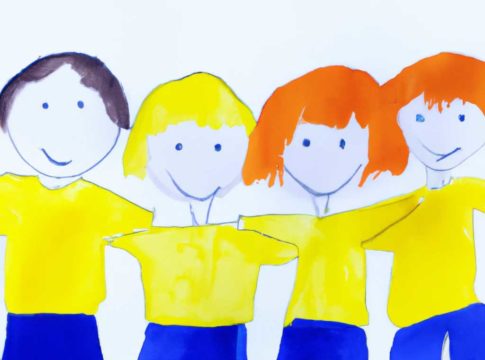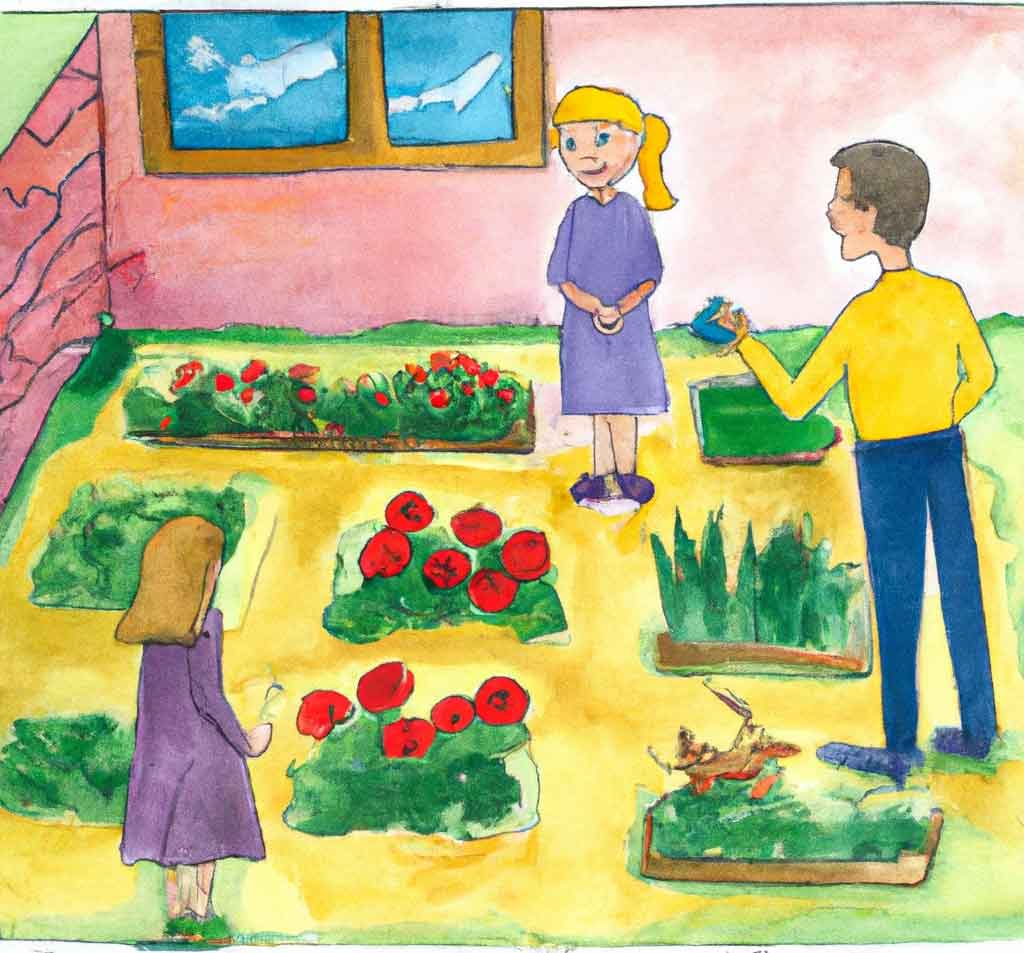The Power of Cooperation: Achieving Success Together
Have you ever wondered why some groups succeed while others struggle? The secret often lies in cooperation—your ability to work effectively with others, support teammates, and reach common goals together. Cooperation isn’t just teamwork; it’s about listening, supporting, compromising, and thriving as a unit.
What Exactly is Cooperation?
Cooperation means working harmoniously with others towards shared objectives. It involves respecting different ideas, actively participating, and being flexible enough to compromise when necessary. Imagine it as the glue that holds groups together, ensuring everyone moves in the same direction.
Cooperation in Action: Your Soccer Team
Picture yourself playing for a soccer team in Bulgaria, aiming to win a crucial match. Every team member has a unique role—strikers, midfielders, defenders, and goalkeepers. Success depends on everyone performing their role effectively while helping teammates succeed, whether that means passing the ball at the right moment, covering a teammate’s position, or offering support after a mistake.
This soccer scenario perfectly illustrates cooperation:
- Common Goal: Winning the game.
- Teamwork: Passing effectively, defending together, and supporting each other.
- Compromise: Adjusting strategies based on teammates’ strengths and weaknesses.
Why Is Cooperation So Important?
Cooperation matters because it multiplies our strengths and minimizes our weaknesses. Here’s why:
- Shared Success: Goals become achievable when everyone contributes.
- Better Communication: Open dialogue and listening strengthen team bonds.
- Stronger Communities: Cooperation fosters trust, friendship, and support.
Practical Steps to Build Cooperation
- Listen Actively: Pay attention to your peers’ ideas. Active listening encourages trust and respect.
- Offer Help: Support your teammates willingly. Your kindness will inspire others to reciprocate.
- Communicate Clearly: Share your ideas and feelings openly but respectfully.
- Be Flexible: Be open to changing your approach to accommodate others’ ideas or needs.
Real-Life Examples of Cooperation
Think about successful bands, sports teams, or even group projects at school. Groups like BTS succeed because each member respects, supports, and harmonizes their talents. Similarly, teams like FC Barcelona thrive due to practical cooperation, teamwork, and shared goals.
Start Cooperating Today!
Remember, cooperation is more than just working together—it’s about achieving greatness together. Start practicing today by cooperating at school, at home, or in your community. You’ll quickly see how working with others can elevate your success and happiness.
Together, we achieve more!




